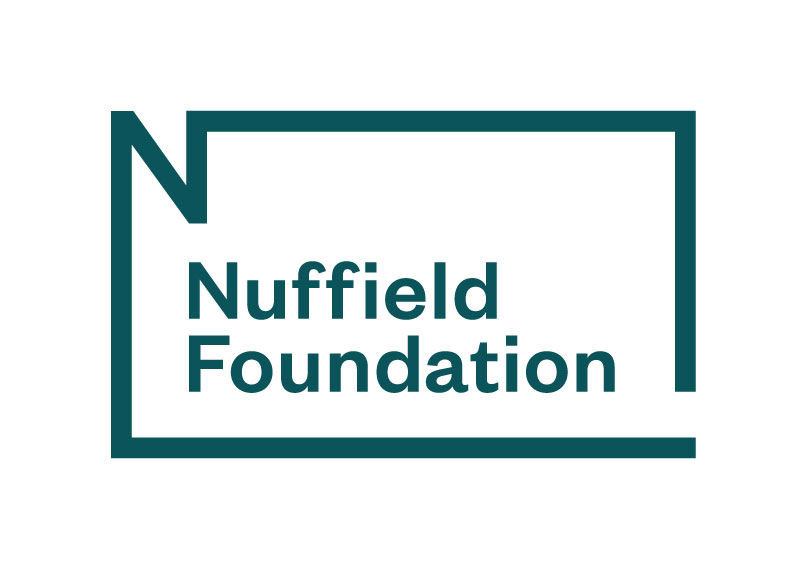
Permanently Progressing? Building secure futures for children in Scotland is gathering information on all 1,836 children who became looked after in Scotland when they were aged five or under in 2012-13. It is planned as a three-phase research study, exploring children’s experiences, their progress to permanence and outcomes at key life stages (early childhood, mid childhood, and late adolescence/early adulthood).
As the name suggests, one aim is to explore how and whether permanence has been achieved for this large cohort of children. Permanence involves adults providing children with stable, secure nurturing relationships and a home which continues into adulthood. The route to permanence will vary depending on the child’s needs and their family circumstances, but includes remaining with or being reunified to parents, living with family (kinship care), living with long term foster carers, or being adopted. The study has a particular focus on the experiences of children who were not able to remain with or be reunified to their parents.
Phase 1 (2014-18) explored children’s pre-care experiences, pathways and early outcomes. It analysed administrative data for 2012-16, surveys of carers, adoptive parents and social workers, interviews with carers, adoptive parents and decision makers, and play and talk sessions with children.
All reports and summaries for Phase 1 can be accessed by clicking on the tab above.
Phase 2 (2020-24) Permanently Progressing? Building secure futures for children: Middle childhood builds on the findings of Phase 1. It is revisiting the same cohort of children to find out where they are living, their legal status, experiences, what enhances wellbeing and bolsters resilience, and what sources of support are available to them and their families. It is a collaboration between the University of Stirling, Lancaster University, and Adoption and Fostering Alliance (AFA) Scotland, led by Stirling. The study has been approved by Ethics Panels at the University of Stirling and Lancaster University.

Phase 2 is being jointly funded by a philanthropic donor and the Nuffield Foundation.
The Nuffield Foundation is an independent charitable trust with a mission to advance social well-being. It funds research that informs social policy, primarily in Education, Welfare, and Justice. It also funds student programmes that provide opportunities for young people to develop skills in quantitative and scientific methods. The Nuffield Foundation is the founder and co-funder of the Nuffield Council on Bioethics and the Ada Lovelace Institute. The Foundation has funded this project, but the views expressed are those of the authors and not necessarily the Foundation. Visit www.nuffieldfoundation.org
If you are interested in finding out more about the study, please email Helen Whincup on helen.whincup@stir.ac.uk



